Khartoum, Nov 02 (V7N)- Millions of innocent civilians in Sudan remain trapped in a deadly power struggle between two former allies turned enemies — the national army and the paramilitary Rapid Support Forces (RSF). As the brutal civil war enters its second year, questions are growing about how both sides continue to sustain their military operations.
Human rights organizations allege that foreign involvement is fueling and prolonging the war. The United Arab Emirates (UAE) is accused of supplying weapons to the RSF, while Egypt, Turkey, and Iran reportedly support the Sudanese army for their own geopolitical interests.
The humanitarian situation is catastrophic. In Al Fashir, a city in Sudan’s Darfur region, streets are reportedly littered with corpses after weeks of indiscriminate killings, looting, and sexual violence carried out by paramilitary forces.
Since the power struggle erupted in April 2023, nearly 150,000 people have been killed and millions displaced across the country. The conflict traces back to the fall of long-time dictator Omar al-Bashir in 2019, when a transitional power-sharing deal between General Abdel Fattah al-Burhan, head of the Sudanese Armed Forces (SAF), and General Mohamed Hamdan Dagalo, leader of the RSF, collapsed into open warfare.
According to the United Nations and independent monitors, the RSF controls several lucrative gold mines, allegedly linked to networks that fund their operations through gold exports. The UAE has denied accusations of arming the group or benefiting from its gold trade.
Meanwhile, Egypt is believed to be providing training and arms to Sudan’s army, aiming to stabilize its southern border and prevent an influx of refugees. Analysts also suggest that Turkey and Iran seek to expand their influence along the Red Sea, prompting their alleged support for the SAF — claims both countries firmly deny.
As the international community struggles to broker peace, Sudan continues to spiral deeper into one of Africa’s worst humanitarian crises in recent decades.
Source: UN, Human Rights Watch, BBC, Reuters.
END/SMA/AJ



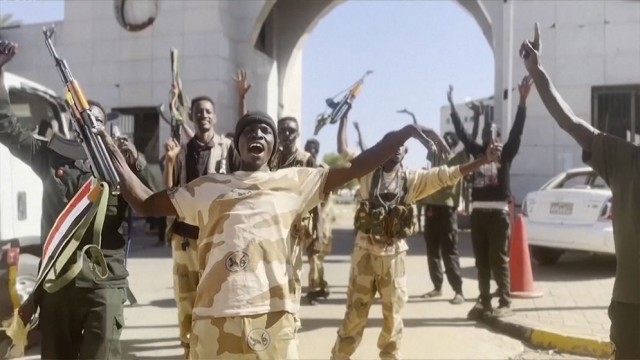
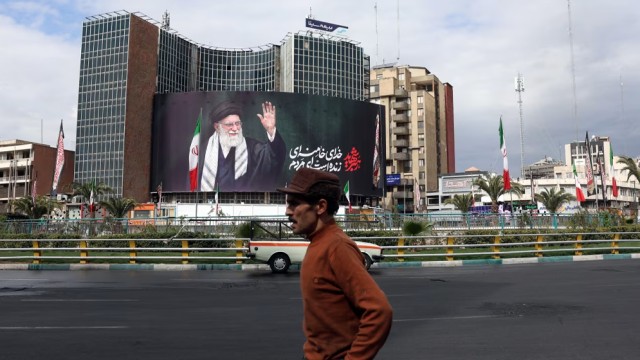
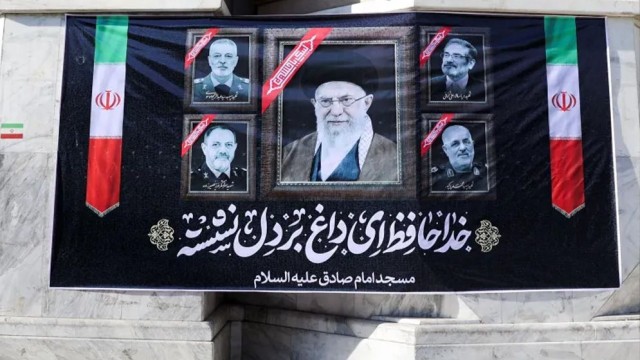
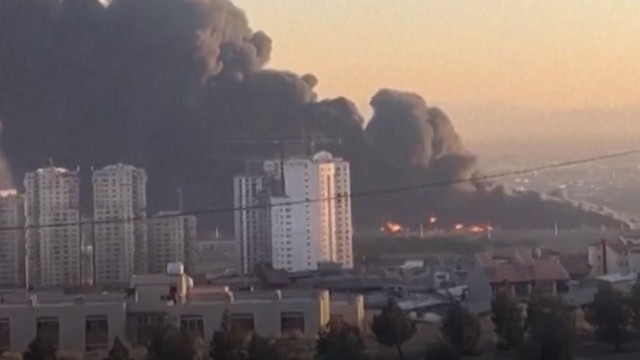
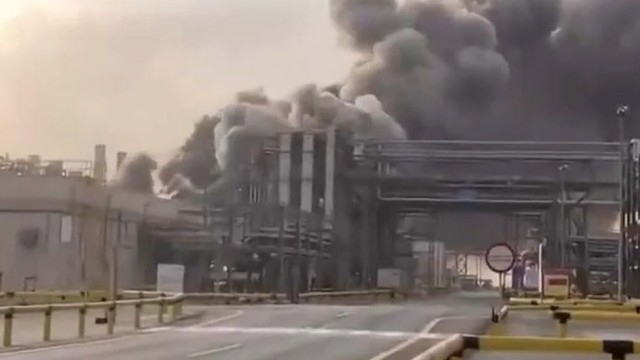
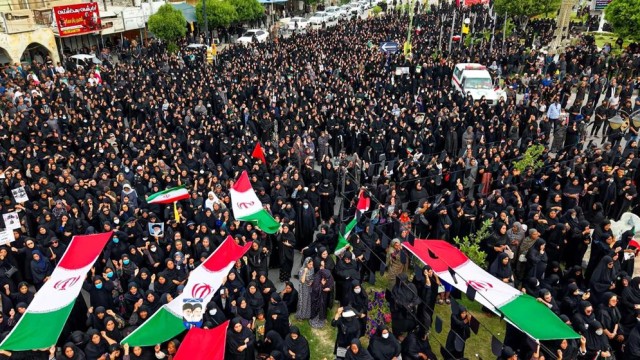
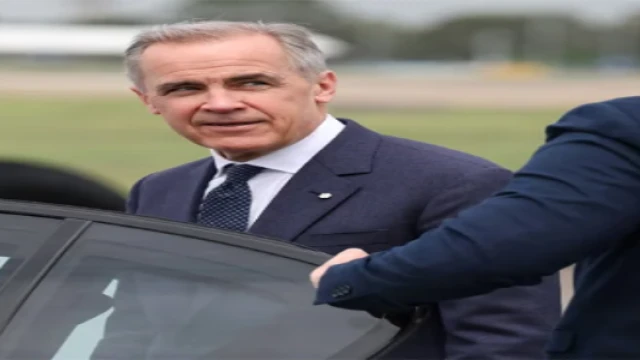
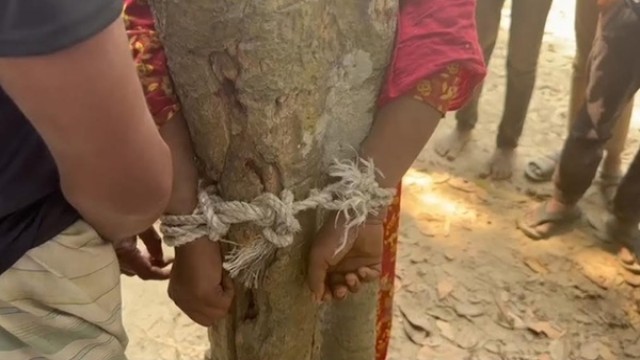
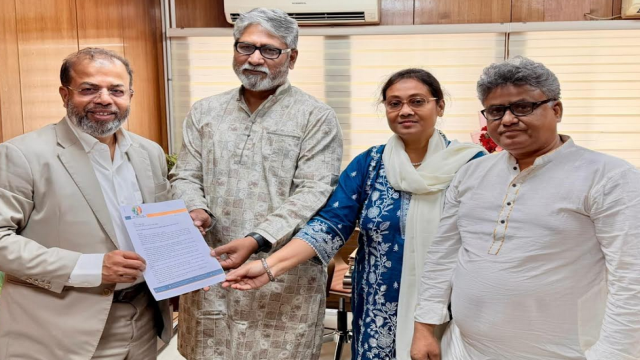
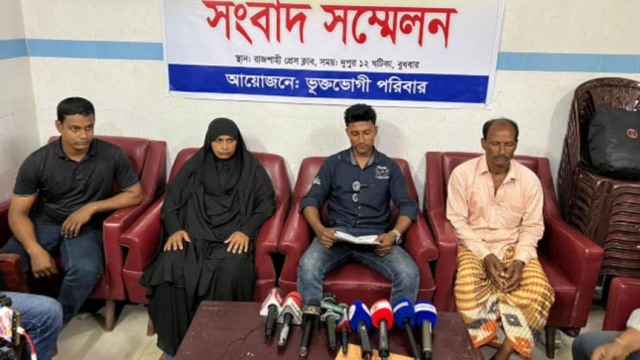

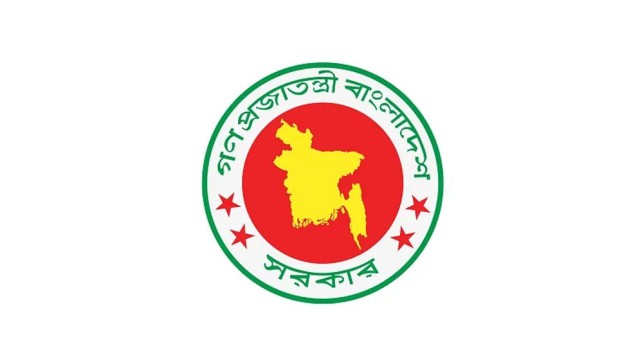
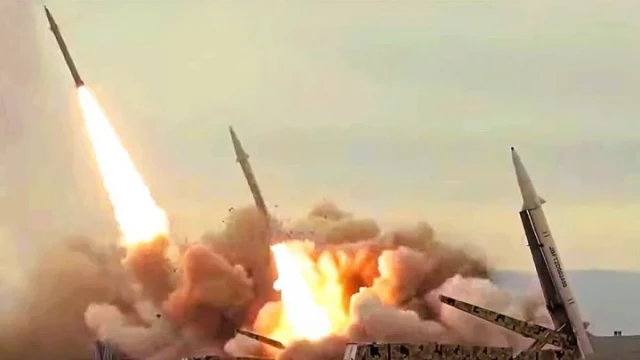
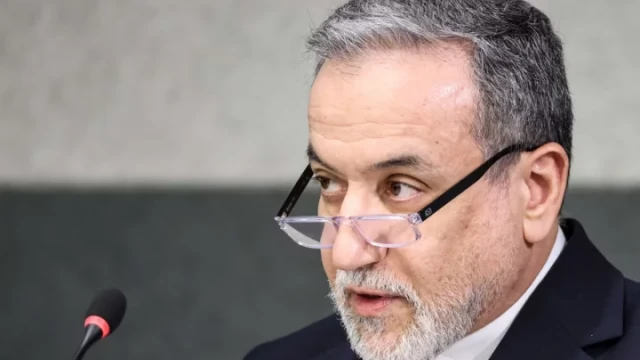
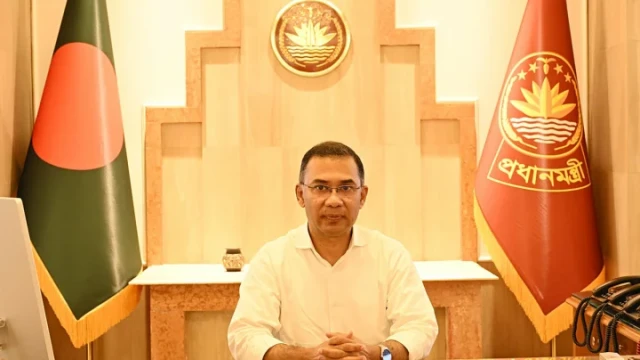
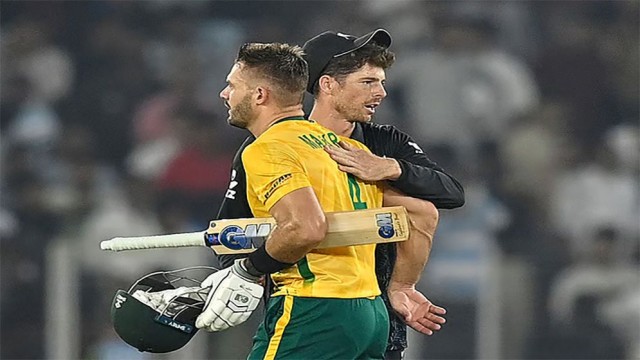











Comment: